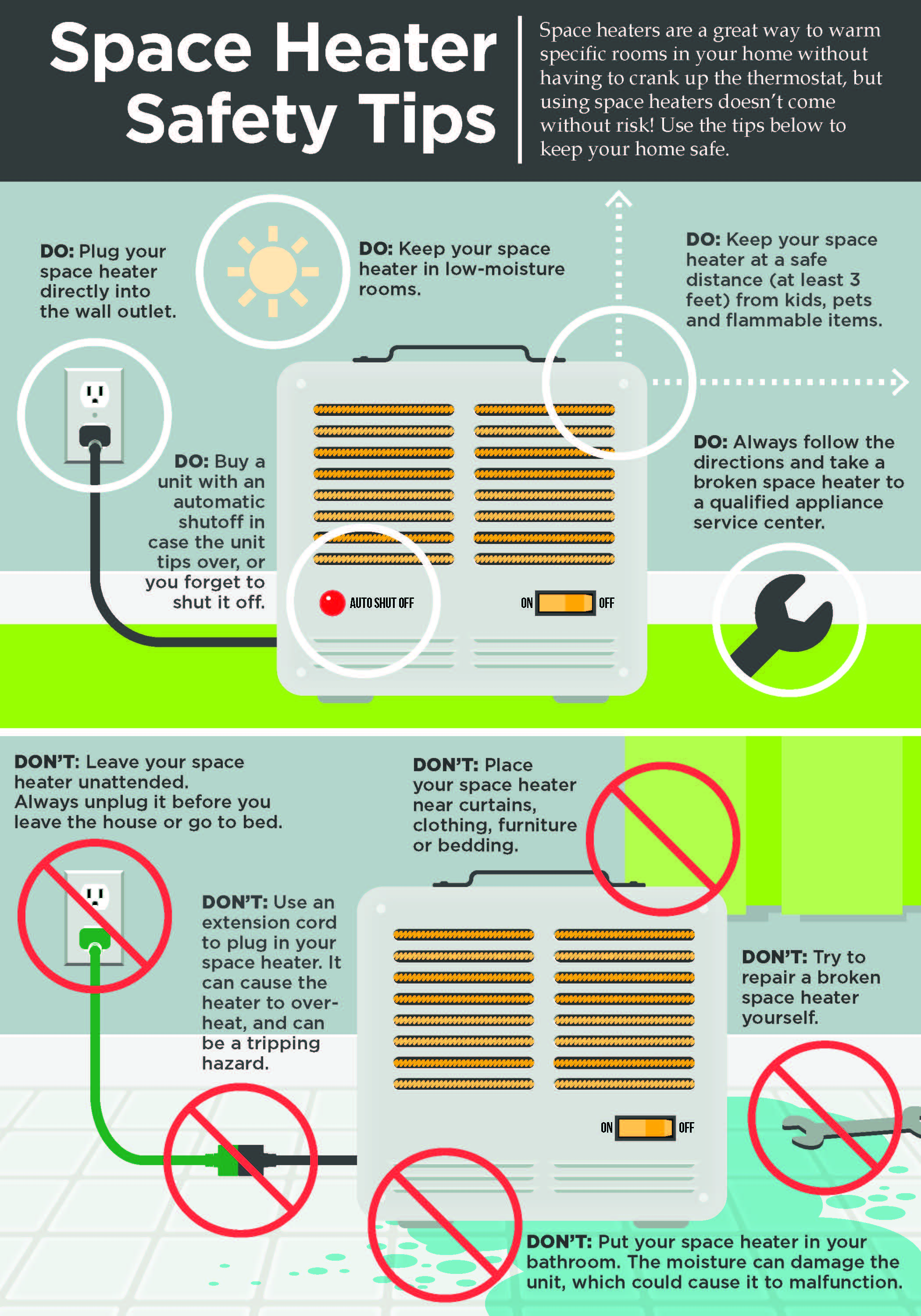Accidentally contacting a power line can be dangerous and in some cases, even deadly. Egyptian Electric Cooperative wants to help our members stay safe around power lines, as well as using generators properly.
Power Line Safety
Whether you are playing outdoors with your children or working on landscaping projects, keep a safe distance from power lines and other equipment your co-op uses to get electricity to your home – KEEP A SAFE DISTANCE!
Always remember to:
- Stay away from power lines, meters, transformers and electrical boxes.
- Don’t climb trees near power lines.
- Never fly kits, remote control airplanes or balloons near power lines.
- If you get something stuck in a power line, call your Touchstone Energy co-op to get it.
- Keep a safe distance from overhead power lines when working with ladders or installing objects such as antennas.
- Never touch or go near a downed power line.
- Don’t touch anything that may be touching a downed wire, such as a car.
- Keep children and pets away.
Power Line Hazards and Cars
If a power line falls on a car, you should stay inside the vehicle. This is the safest place to stay. Warn people not to touch the car or the line. Call or ask someone to call the local cooperative and emergency services.
The only circumstance in which you should consider leaving a car that is in contact with a downed power line is if the vehicle catches on fire. Open the door. Do not step out of the car. You may receive a shock. Instead, jump free of the car so that your body clears the vehicle before touching the ground. Once you clear the car, shuffle at least 50 feet away, with both feet on the ground.
As in all power line related emergencies, call for help immediately by dialing 911 or call us.
Do not try to help someone else from the car while you are standing on the ground.
Electrical Safety and Generators
Preventing Electrocutions Associated with Portable Generators Plugged Into Household Circuits
When power lines are down, residents can restore energy to their homes or other structures by using another power source such as a portable generator. If water has been present anywhere near electrical circuits and electrical equipment, turn off the power at the main breaker or fuse on the service panel. Do not turn the power back on until electrical equipment has been inspected by a qualified electrician.
If it is necessary to use a portable generator, manufacturer recommendations and specifications must be strictly followed. If there are any questions regarding the operation or installation of the portable generator, a qualified electrician should be immediately contacted to assist in installation and start-up activities. The generator should always be positioned outside the structure.
When using gasoline- and diesel-powered portable generators to supply power to a building, switch the main breaker or fuse on the service panel to the “off” position prior to starting the generator. This will prevent power lines from being inadvertently energized by backfeed electrical energy from the generators, and help protect utility line workers or other repair workers or people in neighboring buildings from possible electrocution. If the generator is plugged into a household circuit without turning the main breaker to the “off” position or removing the main fuse, the electrical current could reverse, go back through the circuit to the outside power grid, and energize power lines or electrical systems in other buildings to at or near their original voltage without the knowledge of utility or other workers.
Effects of Backfeed
The problem of backfeed in electrical energy is a potential risk for electrical energy workers. Electrocutions are the fifth leading cause of all reported occupational deaths. Following safety guidelines can reduce this risk.
Other Generator Hazards
Generator use is also a major cause of carbon monoxide (CO) poisoning. Generators should only be used in well ventilated areas.
Space Heater Safety



